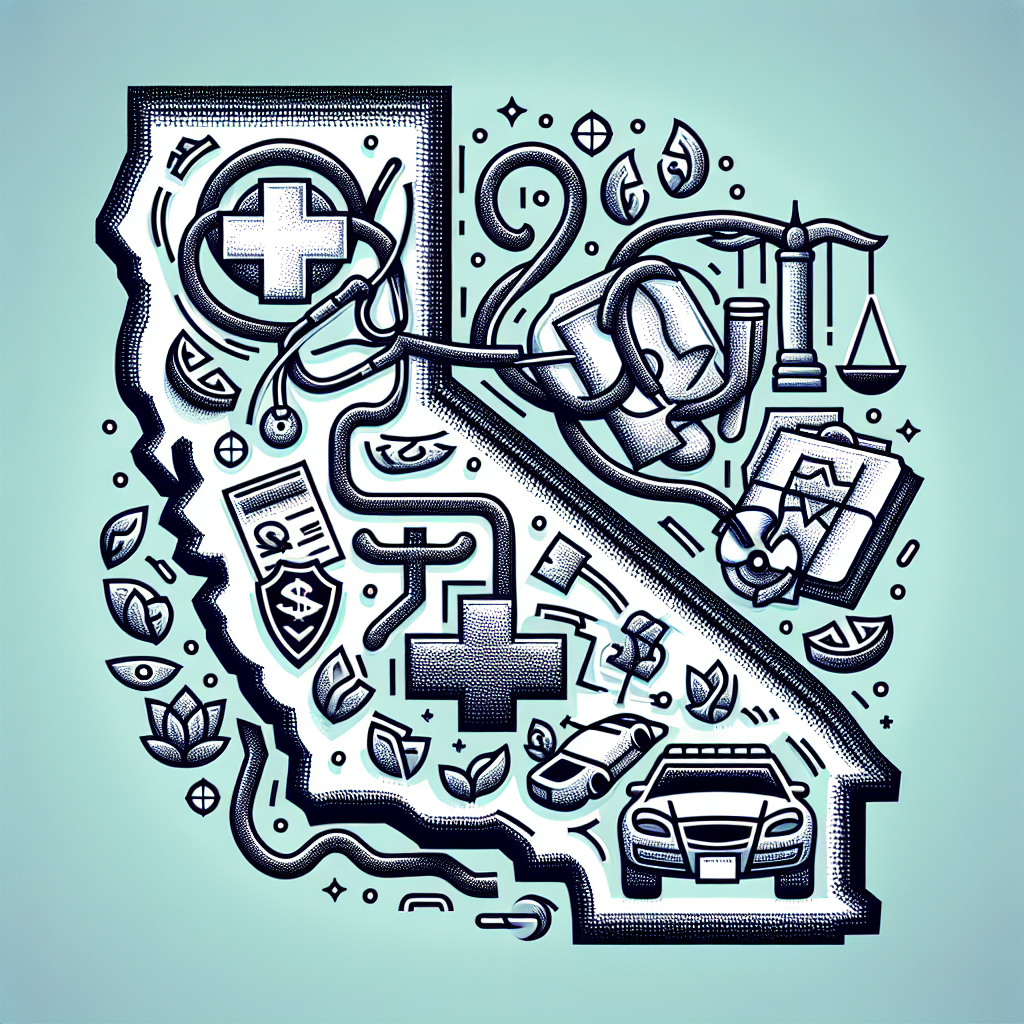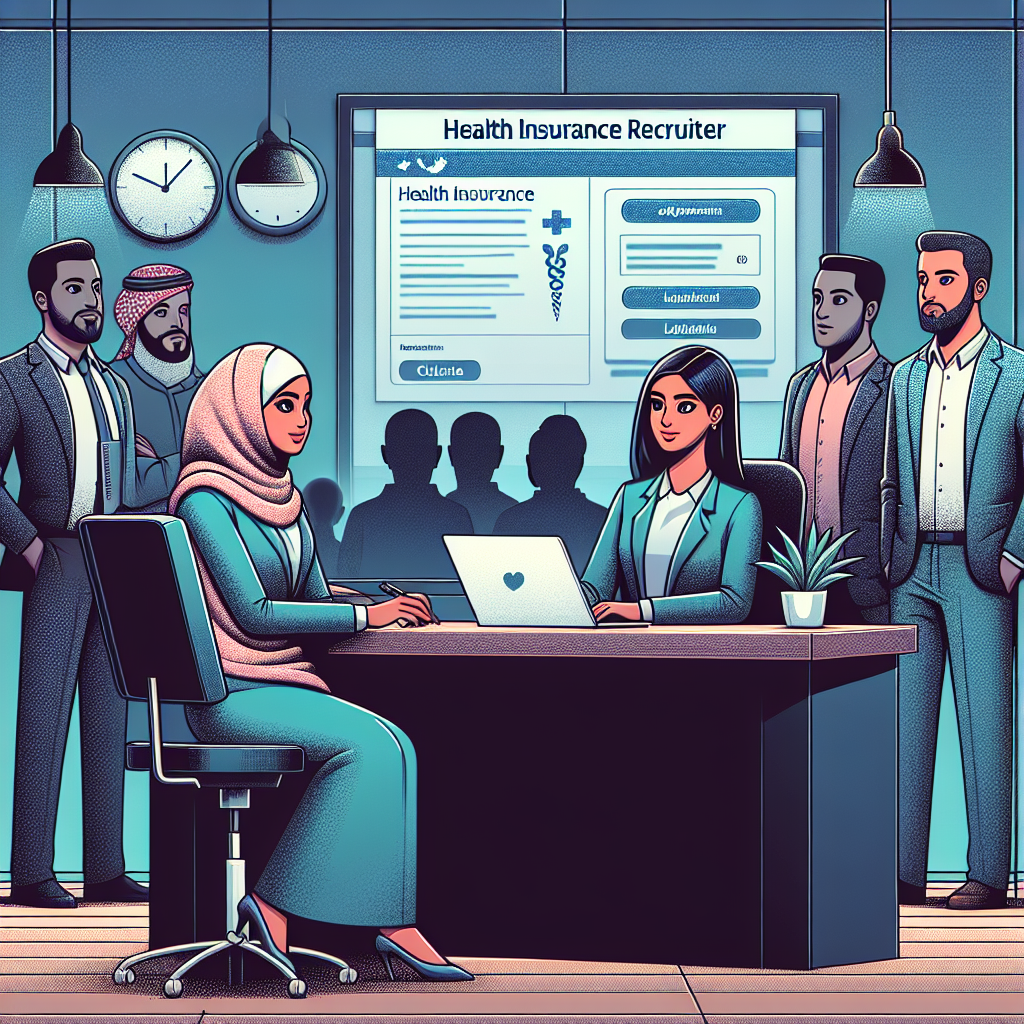Filed under Health Insurance on
Does Health Insurance Cover Car Accidents in California?

When a car accident occurs, navigating the aftermath can be a daunting task, particularly when it comes to understanding the interplay between health insurance, car insurance, and the state regulations in California. One of the most common questions drivers and pedestrians alike ask after an accident is, "Does health insurance cover car accidents in California?" The answer is multifaceted, depending on variables like the type of insurance you have, the nature of the accident, and the specific injuries sustained. Let's dive into how health insurance plans work alongside car insurance in these situations, giving you practical advice and real-life examples to help illuminate this often confusing topic.
Understanding Health Insurance Coverage in Car Accidents
First, it's essential to understand how health insurance generally operates with regard to car accidents in California. Health insurance can cover medical expenses resulting from car accidents, but it doesn't always work in isolation. Car insurance policies might also include coverage options that directly address injuries sustained in a car accident, meaning that multiple types of insurance may intersect.
In California, both health insurance and car insurance play roles in covering expenses resulting from a car accident. Typically, if you have health insurance, it will cover your medical treatments initially. However, your health insurance provider may later seek to recover those costs from the responsible party's car insurance through a process called subrogation.
The Role of Car Insurance
Car insurance often includes coverage types that specifically address injuries from accidents. The following are common car insurance coverages relevant to accidents:
- Medical Payments Coverage (MedPay): This optional coverage can help pay for medical expenses no matter who is at fault in the accident.
- Personal Injury Protection (PIP): Though not required in California, PIP can cover various expenses, including medical bills, lost wages, and even funeral costs.
- Bodily Injury Liability Coverage: This coverage is mandatory in California and helps pay for injury bills if you are at fault for the accident.
Each type of coverage offers different benefits, and understanding these can help you decide what additional coverage you might need beyond health insurance.
Real-Life Example: How Health and Car Insurance Work Together
Consider the case of Lisa, a California resident with comprehensive health insurance and basic car insurance with medical payments coverage. Lisa is rear-ended at a stoplight and incurs medical bills amounting to $10,000 for physical therapy and hospital stays. Initially, Lisa's health insurance pays for her medical costs, and then her insurer seeks reimbursement from the at-fault driver’s car insurance.
Lisa's car insurance kicks in as well due to her MedPay coverage, which further alleviates her out-of-pocket expenses. Thus, Lisa benefits from having multiple layers of coverage, ensuring that she isn't financially burdened by her accident-related medical bills.
Gaps Health Insurance May Not Cover
While health insurance provides a crucial safety net, it may not cover all aspects of post-car accident expenses. Some potential gaps include:
- Deductibles and Copayments: Health insurance typically involves deductibles and copayments, which you'll still need to pay unless covered by MedPay or PIP.
- Lost Wages: Health insurance doesn't cover lost income due to injury; PIP might, but it's not legally required in California.
- Non-Medical Damages: These could include pain and suffering, which are usually covered under car insurance liability policies if another party is at fault.
Strategies for Ensuring Comprehensive Coverage
- Review your current health and car insurance policies to understand what is covered and what is not.
- Consider purchasing MedPay or PIP if you rely on income protection in case of prolonged recovery time.
- Check with your health insurance provider regarding their policies on subrogation and how it might affect your overall expenses.
- Always report your accident to both your health insurance and car insurance promptly to ensure timely processing of claims.
Frequently Asked Questions
1. Does health insurance cover car accident injuries?
Yes, health insurance generally covers injuries sustained in car accidents. However, any costs initially covered by your health insurance might be subject to recovery through subrogation from the at-fault party’s car insurance.
2. What is subrogation in the context of car accidents?
Subrogation is the process through which your health insurance provider pursues reimbursement from the at-fault party’s car insurance for the medical expenses they covered.
3. Can I rely solely on my health insurance after a car accident?
While health insurance covers medical expenses, it might not cover other costs such as deductibles, lost wages, and non-medical damages. It is beneficial to have comprehensive car insurance to fill these gaps.
4. Is Personal Injury Protection required in California?
No, PIP is not required in California. However, it can be a valuable addition as it covers a broader range of expenses, including lost wages and additional services.
5. How quickly should I report an accident to my insurance providers?
You should report an accident to both your health insurance and car insurance providers as soon as possible to ensure the smooth processing of claims and to comply with policy requirements.
In conclusion, while health insurance does cover medical costs incurred from car accidents in California, it works best in tandem with car insurance policies that can address other potential liabilities. By understanding your coverage options and planning accordingly, you can ensure that you're well-protected and financially secure even in the unfortunate event of a car accident.





